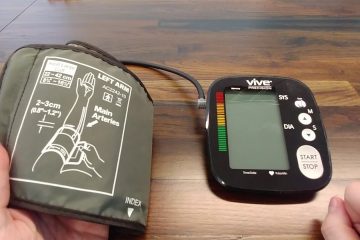What to Do After a Root Canal to Keep Your Tooth Healthy?

The root canal is the primary treatment for severely damaged or diseased teeth. Your tooth is dying, and this is the best way to save it.
A tooth’s “root canal” is the interior hollow space that houses the pulp, which includes nerves, blood vessels, and other cells. Your teeth get the nourishment they need from this pulp. Endodontic therapy, also called root canal treatment, is necessary when decay reaches the pulp of a tooth, an abscess forms (a pus-filled pocket surrounding the roots), or the tooth is destroyed in an accident. Getting dental implants Dexter is important to save your smile.
Care Following a Root Canal Procedure
Even though getting a root canal won’t hurt, you should be prepared to feel discomfort. The prolonged length of keeping the mouth open throughout the process is the direct source of the widespread side effect of jaw soreness following therapy. In addition to harsher, narcotic medication, the doctor may prescribe over-the-counter medications that are beneficial in managing such symptoms.
The following are additional measures you should take to ensure a complete and rapid recovery:
- If anesthetic was used, wait a few hours before eating again; the numbness should subside.
- Avoid sticky or hard foods (like gum), and chew on the other side of your mouth to preserve the tooth and the temporary filling.
- Be careful not to put any extra pressure on the treated tooth by touching it with your tongue, finger, or anything else. This could lead to the treated tooth being sensitive for a long time.
- Repairing the tooth with a final filling or crown is recommended to increase the root canal treatment’s longevity.
- Keep up with your regular dental cleanings. Be sure to brush and floss as directed. An antibacterial mouthwash is another option for maintaining good oral hygiene.
While root canal treatments often provide favorable outcomes, it is crucial to inform your doctor if any exceedingly rare issues arise. Here are some indicators to be alert for:
- Excruciating, persistent discomfort for more than a few days
- Symptoms that come back
- Discomfort or reddening inside or outside the mouth
- Redness, swelling, or itching as a result of a drug allergy
- Something is off with your bite.
- Extracting a crown or temporary filling or tooth
Having a natural tooth is the best possible option. A root canal is a good option if you want to keep your natural tooth.









